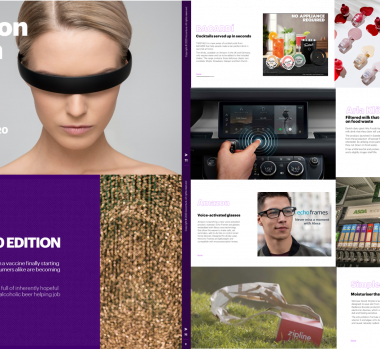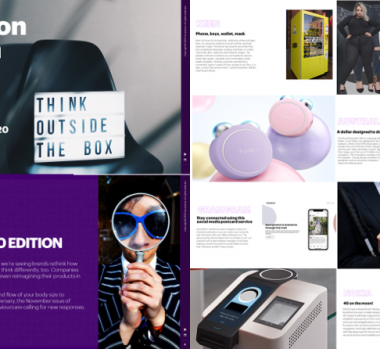With Great Responsibility Comes Great Power: How the World Cup Inspires Us
In the dying minutes, chaos erupted in the England penalty area as Slovenia swarmed the goal, and across the country nails were bitten to the quick. Again and again the ball was blocked, and finally it spat out to the deadly Slovenian midfielder Dedič who shaped up to dash England’s World Cup hopes once and for all.
Step up John Terry, who at that moment lay sprawled on the floor after two heroic tackles. Like a majestic salmon, he launched himself headfirst toward the trajectory of Dedič’s shot to block the 90mph rocket with his face. When the pub had calmed down after this feat of pure chivalry, a man behind me sulked into his Carling; “What’s so great about that? For £200,000 a week I’d block the shot with my own child”. While charming, the man was also wrong; England players don’t keep their match fees for international duty – which begs the question, where does the passion come from?
It comes as no surprise that we give more for the causes we care about – and employers can learn something here. Just as footballers are motivated by causes beyond their salary, people in all industries work harder and better for what they believe in. This all seems a bit obvious so far, but if we dig a little deeper we can see how powerful this phenomenon is, and the relevance for how companies should think about and activate their Corporate Social Responsibility.
Enter John List, professor of Economics at the University of Chicago. To test the commercial benefit of CSR he set up a company which asked prospective employees to analyse Google Streetview snapshots for real clients like Uber. Two separate job ads were posted on Craigslist – one with no mention of CSR, and the other promising projects ‘aimed at improving access to education for underprivileged children’.
The ad that mentioned the CSR initiative received 33% more job applications than the ad that didn’t. This margin of difference is the same as a 27% wage increase: in other words, an employer looking to discontinue their CSR initiative will need to increase wages by 27% to maintain the same number of job applications. What’s more, the people who applied through the CSR job ad worked harder and more accurately than their colleagues.
Like John Terry diving across the penalty area, they were motivated by something far deeper than money: passion for the cause.
It’s all too easy for companies to donate to a remote cause and call it CSR, when in fact it’s often empty virtue signalling. We’re seeing a next generation in CSR called Corporate Social Innovation; powerful initiatives that close the say/do gap between a company’s social ambitions and core operations. ?What If! is closing this gap by giving our people the opportunity to work with The Baobab Network:a social impact accelerator which supports African entrepreneurs solving big social and environmental problems. By working with the network, ?What Iffers! have the chance to use our innovation skills to advance social impact on the ground in countries throughout Africa. Our people are all the happier and more engaged for the opportunity to do good, rather than be a part of a company that simply says good things.
Traditional CSR can be traced back to the ‘do no harm’ edicts of Ancient Mesopotamia, when King Hammurabi introduced a code whereby builders would be put to death if their negligence caused harm to a local citizen. Many of today’s CSR initiatives are stubbornly rooted to similar ideas and remain ways to offset (which in effect licenses) the more harmful aspects of running a business. Use a thousand sheets of paper, and then plant a tree so you can use a thousand more.
At ?What If! we believe a corporation’s true social responsibility is greater than just compensating for our operational costs. Instead, Corporate Social Innovation articulates an obligation to leverage the company’s unique talent and capabilities to make the world a better place, thereby bringing our core operations to the field of social innovation and closing the say/do gap on our CSI ambitions.
A great way to start is by creating opportunities for your people to tap into their passion for the cause: Give them the chance to apply their expertise toward making the world a better place and they will take it, throwing their bodies on the line for something more than a pay raise.
Stay tuned for more information about how ?What If! approaches Corporate Social Innovation and our work with The Baobab Network.
Passion is just one of our 5 values — learn about the other 4 by visiting our values page.
Get in touch


